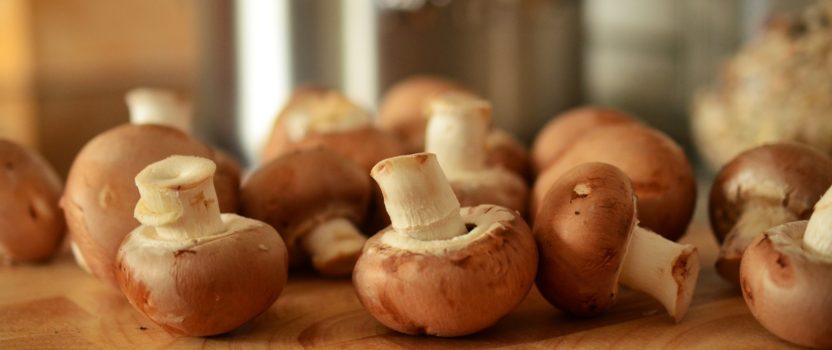Mushrooms – Long Live the Mushroom
Mushrooms have been around for a long time; I mean a really long time. In fact, there is evidence that mushrooms may have been the first ‘living’ organism on earth having grown out network of mycelium strands. They are able to absorb nutrients from its environment, produce enzymes that can break down various substances for growth and nutrition; and are vital in both terrestrial and aquatic ecosystems for their role in processing plant material. These mycelium strands, are extended networks that have the ability convert substances such as oxygen and exhale Carbon Dioxide. As the mycelium field spreads rapidly ( Paul Stamets states it is ‘the earths internet’) and as these networks grow, they can transport nutrients and information in and through its branches …. which becomes the web of life. As mycelium grow rapidly and they spread exponentially, thus becoming earths connective tissue.
This paradigm repeats itself through the universe; the galaxies, the brains neurological strands, our World Wide Web, and may be our salvation. The mycelium is sentient; it knows you are there—if you walk over the mycelium, it quickly seeks out the debris left by your foot placement.
Our best antioxidants come from fungi (Oyster, Shiitake, and Porcini are noted to have antioxidant effects), they have anti-inflammatory power and they are gut friendly to our gut microbiomes. A University of Florida, titled “Consuming Lentinula edodes (Shiitake) Mushrooms Daily Improves Human Immunity” article in 2015 revealed that eating Shiitake Mushrooms daily improves human immunity, can lower inflammation, and improve gut function. It was only a 4 week program, with 52 healthy males and females, consuming 5 to 10 grams of mushrooms daily so, certainly, not a major scientific breakthrough Now I just can not image anyone eating mushrooms everyday. In reference to gut microbiota, a review of a study done by Chang and colleagues titled, “Gut microbiota: Ganoderma lucidum, a new prebiotic agent to treat obesity?” revealed that an extract of the mushroom ‘Ganoderma lucidum’ (commonly known as the ‘lingzi mushroom’ can reduce obesity in mice by modulating the gut microbiota, thereby exerting a prebiotic effect. I did not that the title of their article ended with question mark so this is limited for scientific proof. On the positive side, we may have found a way to aid in weight control for fat mice.
It appears that mushrooms have a huge potential for our health as a prebiotic with benefits for boosting our immune system, packed with nutritional value, contains many antioxidants, improving digestion (and achieving weight loss!!!), all while have a cancer fighting component. Paul Stamets, in his popular TED talk, explains how mushrooms can create rich environments for farms and new forests, clean up oil spills, absorb farm pollution and combat insects. They also have this ability to return the earth’s soil to a sustainable nutrient source. Hey, this could be one of the best food sources for us to grow and eat.
In summary, mushrooms have the potential to be highly beneficial in recovery and/or the sustainability of personal health and our earth.

